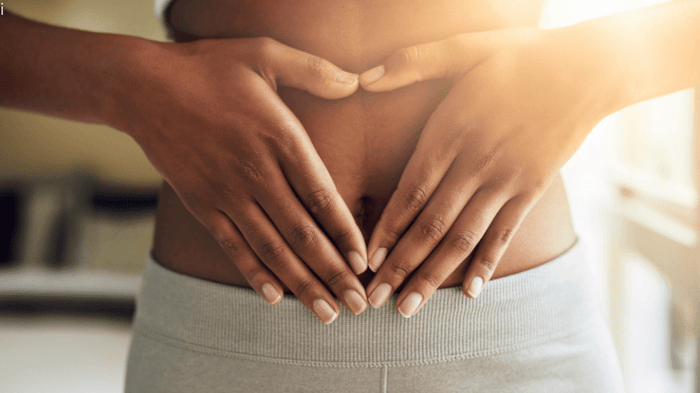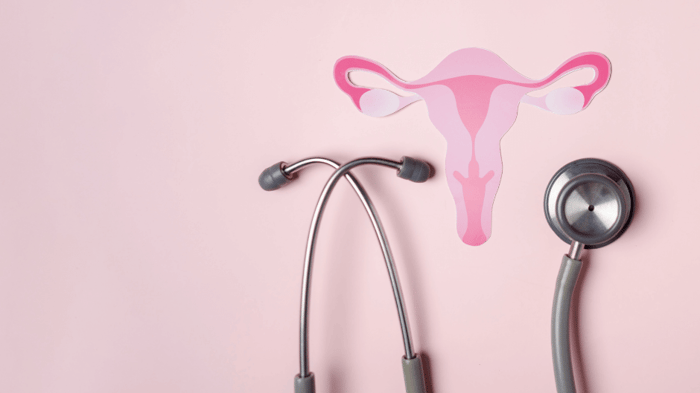Postpartum recovery is often imagined as a short six-week check-up. But in reality, the body, mind, and hormones may need months—or even years—to regain balance. Between sleepless nights, breastfeeding demands, fluctuating hormones, and emotional shifts, many women find themselves depleted.
This is where supplements can play an essential role. They don’t replace nutrition or medical care, but they fill in the gaps, supporting energy, mood, healing, and intimate wellness. For postpartum women, the right supplements can mean the difference between just surviving and actually thriving.
This guide explores the most important supplements for postpartum feminine wellness: how they work, why they matter, and what to look for when choosing them.
Why Food Alone Isn’t Always Enough
During pregnancy, the body directs nutrients toward the baby. After birth, nutrient reserves may remain low. Iron, calcium, vitamin D, and essential fatty acids are commonly depleted, yet these are the very nutrients the body needs to recover, produce milk, and maintain hormonal balance.
On top of that, exhaustion and busy schedules often make healthy eating difficult. Skipping meals, relying on snacks, or forgetting hydration is common in the newborn stage. Supplements step in to provide consistent, reliable support when diet alone can’t keep up.
Core Categories of Postpartum Supplements
1. Multivitamins for Overall Recovery
Postnatal multivitamins are specifically designed to replenish what pregnancy and childbirth deplete. They usually include:
-
Iron, to combat postpartum anemia and fatigue.
-
Calcium and vitamin D, to protect bone health during lactation.
-
Folate, not just for pregnancy, but for ongoing cell repair.
-
Vitamin B-complex, to support energy metabolism and reduce stress.
A quality multivitamin ensures mothers meet daily requirements even on days when meals are irregular.
2. Omega-3 Fatty Acids for Brain and Mood Support
DHA and EPA, the active components of omega-3s, are critical for:
-
Infant development, especially brain and eye growth, is affected by breastfeeding.
-
Maternal mental health is affected since low omega-3 levels are linked to postpartum depression.
-
Reducing inflammation aids in tissue recovery after birth.
Fish oil or algae-based omega-3 supplements are both excellent sources. Algae-based options are ideal for women who prefer plant-based, vegan alternatives.
3. Probiotics for Vaginal and Gut Health
Antibiotics during delivery, hormonal changes, and sleep deprivation can disrupt microbiome balance. Probiotics restore healthy bacteria, offering benefits such as:
-
Supporting digestion and reducing bloating.
-
Enhancing immunity during the vulnerable postpartum period.
-
Promoting vaginal health by preventing infections and restoring pH balance.
For feminine wellness, strains like Lactobacillus reuteri and Lactobacillus rhamnosus are especially effective in maintaining vaginal flora.
4. Herbal and Plant-Based Supports for Vaginal Comfort
One of the least discussed postpartum challenges is vaginal dryness. Breastfeeding lowers estrogen, leading to thinning tissues and discomfort during intimacy.
Herbal remedies, like slippery elm bark, help restore moisture naturally. She Juicy™is an example of a supplement formulated with plant-based ingredients that support vaginal mucosa without hormones—making it safe for breastfeeding mothers.
This kind of targeted supplement doesn’t just ease dryness. It restores confidence, intimacy, and comfort, which are often overlooked in postpartum care.
5. Adaptogens and Stress-Supporting Herbs
Motherhood brings joy, but it also brings stress. Lack of sleep, emotional highs and lows, and physical exhaustion can overwhelm the body’s stress response.
Adaptogens like ashwagandha and rhodiola help regulate cortisol, improving resilience and energy. Holy basil (tulsi) supports calmness, while chamomile in capsule form or tea promotes relaxation and sleep.
These aren’t quick fixes for sleep deprivation, but they support the nervous system in coping with the postpartum rollercoaster.
6. Collagen for Tissue Repair
Collagen peptides aid in healing from childbirth, supporting connective tissues, skin elasticity, and even pelvic floor recovery. Many women notice improvements in joint comfort and skin hydration as well.
For mothers recovering from C-sections, collagen supplementation can promote stronger scar healing.
Choosing Supplements Wisely: What to Look For
Not all supplements are created equal. When selecting postpartum supports, consider:
-
Safety during breastfeeding: Avoid hormone-based or poorly studied ingredients.
-
Third-party testing: To ensure purity and quality.
-
Bioavailability: Nutrients like methylated B vitamins or chelated minerals are more easily absorbed.
-
Plant-based or allergen-free formulations: Especially important for mothers with dietary restrictions.
Always check with a healthcare provider before starting new supplements, particularly if combining multiple products.
Beyond Pills: Complementary Natural Supports
Supplements work best as part of a holistic postpartum wellness strategy. Pairing them with simple lifestyle practices enhances results:
-
Hydration: Drinking enough water supports tissue recovery and milk production.
-
Balanced meals: Even simple nutrient-dense snacks like nuts, yogurt, or fruit smooth out energy dips.
-
Pelvic floor therapy: Restoring muscle tone complements internal supplementation.
-
Sleep hygiene: Supplements like magnesium can help, but structuring rest routines is equally crucial.
When supplements and daily practices align, recovery feels less like survival and more like intentional healing.
Common Misconceptions About Postpartum Supplements
“If I eat well, I don’t need supplements.”
While a nutrient-rich diet is essential, postpartum demands often outpace intake. Supplements ensure consistency, especially during unpredictable days.
“Supplements will fix everything.”
They’re supportive, not magical. Healing is multidimensional, requiring rest, care, and patience. Supplements are allies, not replacements.
“I should stop taking supplements once my baby is born.”
Actually, the postpartum period is when supplementation matters most. Continuing—or even increasing—certain nutrients supports both mother and child, especially during breastfeeding.
FAQs: Supplements for Postpartum Feminine Wellness
Which supplements are most important right after birth?
Iron, omega-3s, and a quality postnatal multivitamin should be priorities. These address the most common deficiencies and support healing.
Are vaginal dryness supplements safe while breastfeeding?
Yes—when they are hormone-free and plant-based. Options like She Juicy™ are designed specifically to be safe during lactation. Always confirm with your provider.
Do I need probiotics even if I don’t have digestive issues?
Yes. Probiotics support not just digestion but also vaginal health and immunity, which are critical during the postpartum stage.
How long should I keep taking supplements postpartum?
At least six months to a year is recommended, but the exact duration depends on breastfeeding, overall health, and recovery pace. Some women continue for long-term ongoing support.
Can supplements help with postpartum mood changes?
Yes. Omega-3s, B vitamins, and adaptogens all support mental health. While they aren’t substitutes for therapy or medical care, they can ease the physiological burden that contributes to mood swings.
Building a Foundation for Feminine Wellness
Postpartum recovery is not just about bouncing back—it’s about rebuilding with intention. Supplements provide the missing pieces the body craves: nutrients for energy, herbs for calm, probiotics for balance, and natural supports for intimacy.
Every capsule, powder, or drop is more than just a product. It’s a message to the body: You matter. Your comfort matters. Your recovery is worth prioritizing.
By integrating supplements with mindful habits, postpartum women can move from depletion to restoration, from discomfort to vitality. And that’s what true feminine wellness looks like—not just surviving after birth, but thriving in a body that feels strong, nourished, and whole again.










